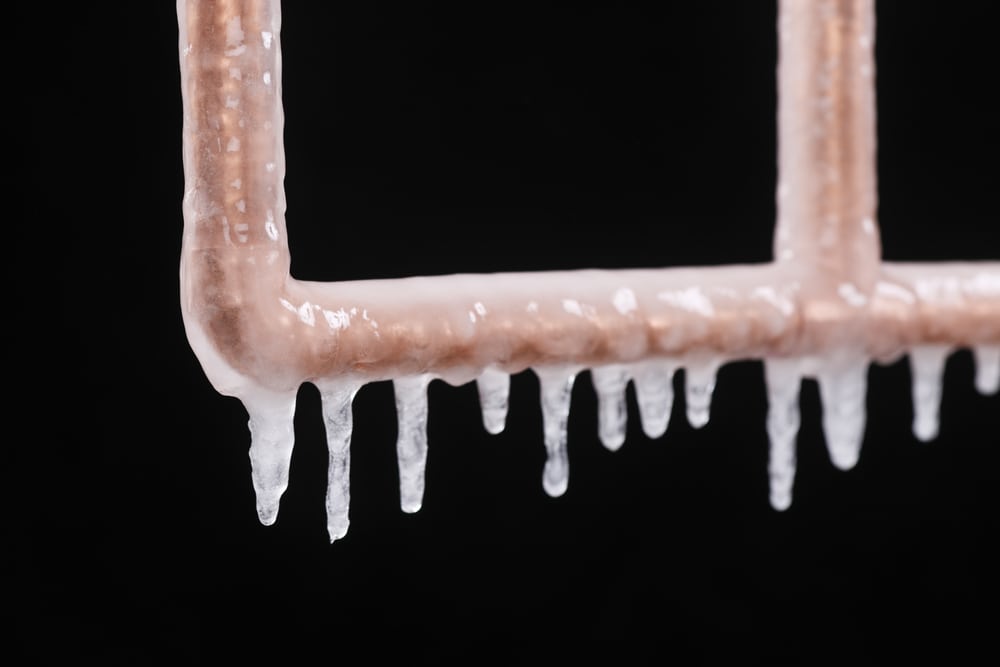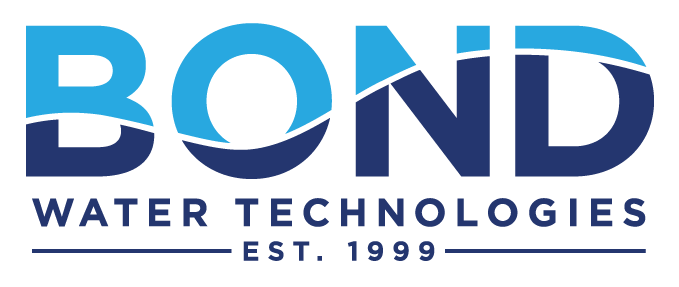Many customers ask us about the chemical testing and treatment of glycol based closed loop systems. HVAC freeze protection is typically provided by adding either ethylene or propylene glycols. Most facilities use ethylene glycol as this provides the most efficient heat transfer. Propylene glycol is often used where toxicity is a concern. In systems that contain aluminum heat exchangers, a special pH sensitive mix is required. Each product is typically blended with special corrosion inhibitors; often dipotassium phosphate is used to help ensure long life for system metals. Many times, a secondary corrosion inhibitor such as nitrite, molybdate or an azole may be added on-site to further increase protection levels.
Corrosion protection is needed because as heat or oxygen is introduced to the system, the glycols over time can break down into various organic acids. Severe damage to systems from low pH can occur if left unchecked. In addition, harmful microbiological growth can also form. For this reason, routine testing of the glycol should be done at least annually to ensure your systems are maintained up to standard.

Typically a pint sample bottle is all that is required and the testing performed should include system pH, specific conductance, total iron and copper, inhibitor levels, percent glycol, freeze point and reserve alkalinity. Together these results will provide a complete snapshot of your systems current protection level and any requirements necessary to restore values if they are below standard.
If you have not had your glycol system tested recently, want to validate your maintenance program or maybe just have a few questions, call us at 301-721-BOND. Get the protection you need for this winter. Bond can provide complete sample collection, lab service and system certification for your glycol systems.
